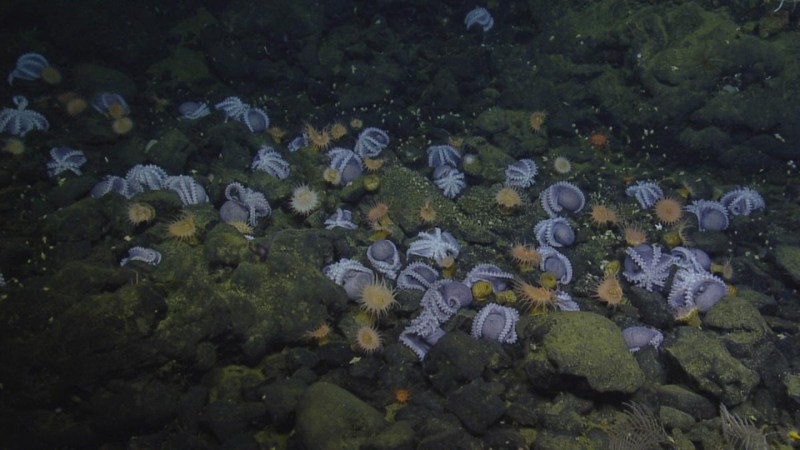Octopus moms seek the heat
Students will answer questions about the Science News article “Some deep-sea octopuses aren’t the long-haul moms scientists thought they were,” which describes how octopuses laying eggs in warm waters near geothermal springs speed up hatching. A version of the article, “Deep-sea ‘octomoms’ seek the heat,” appears in the April 9, 2022 issue of Science News.
